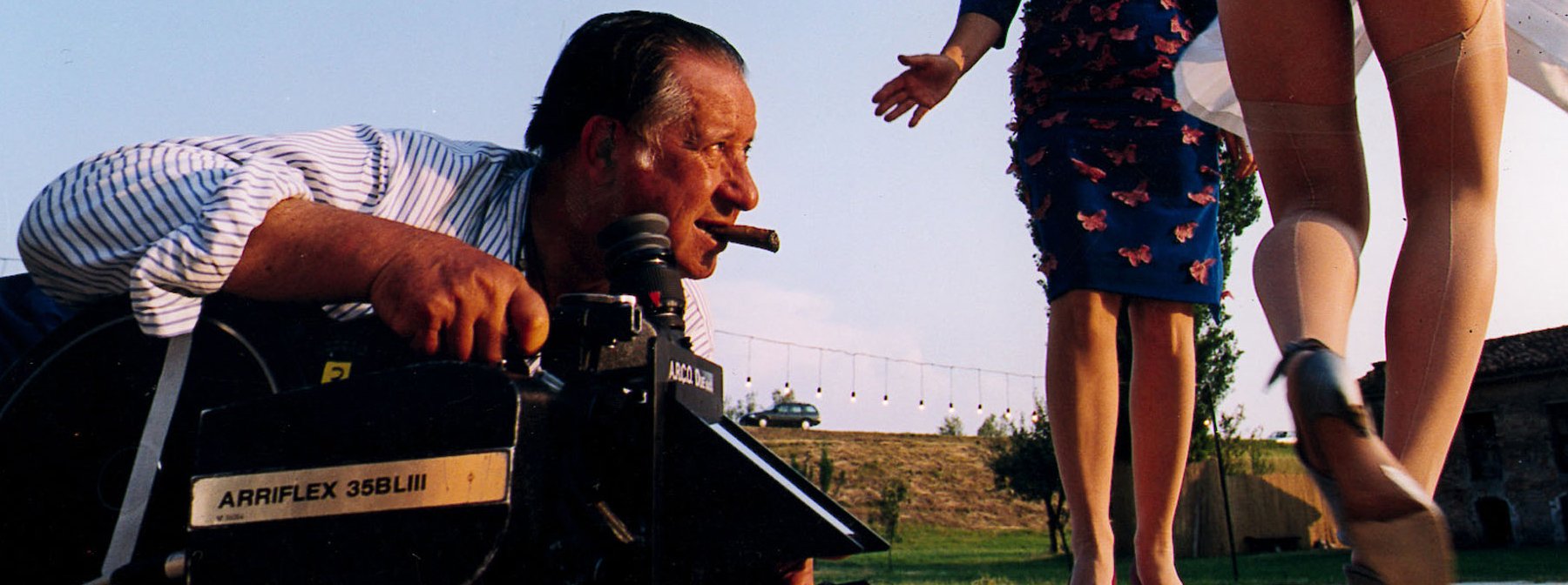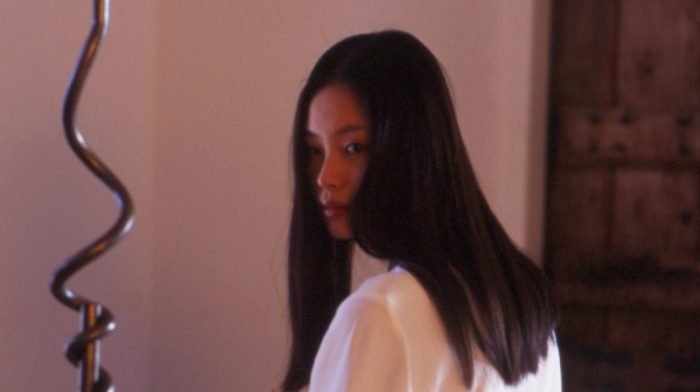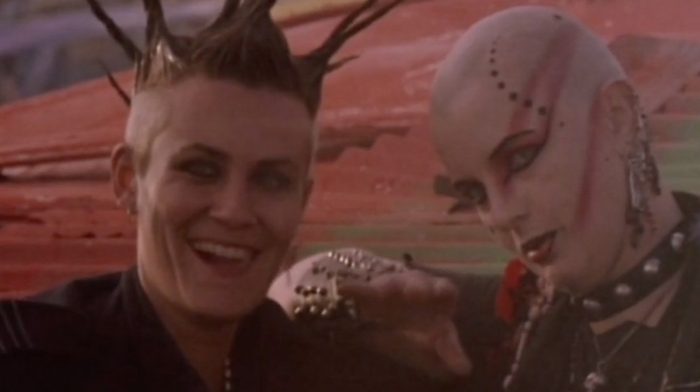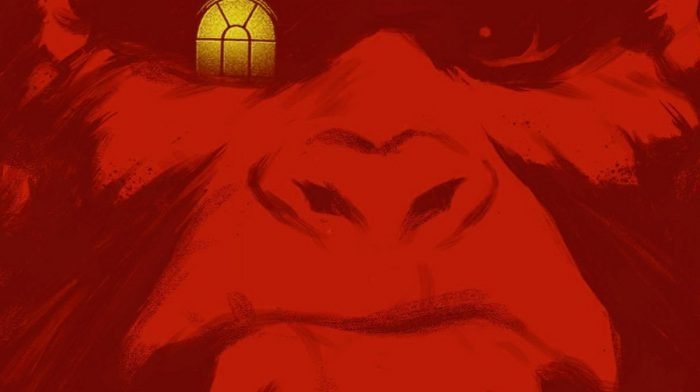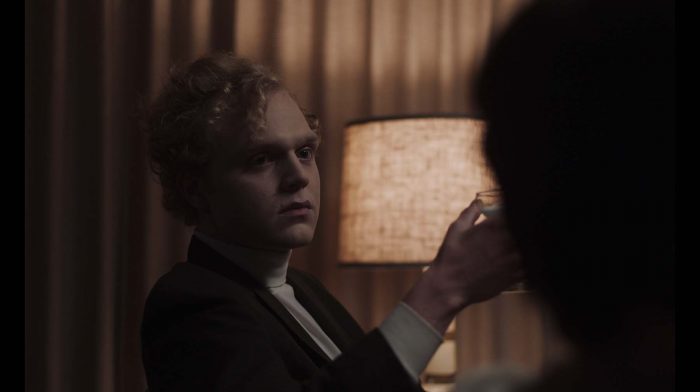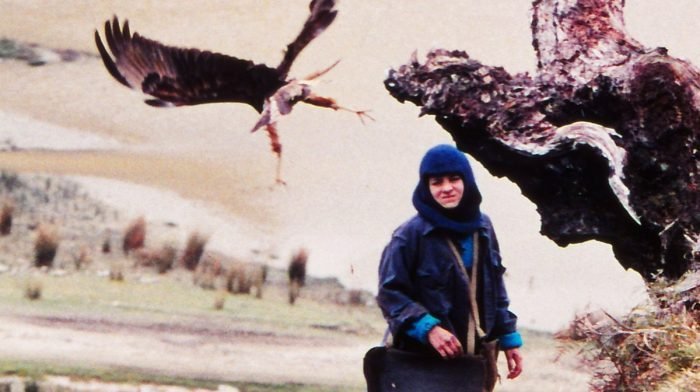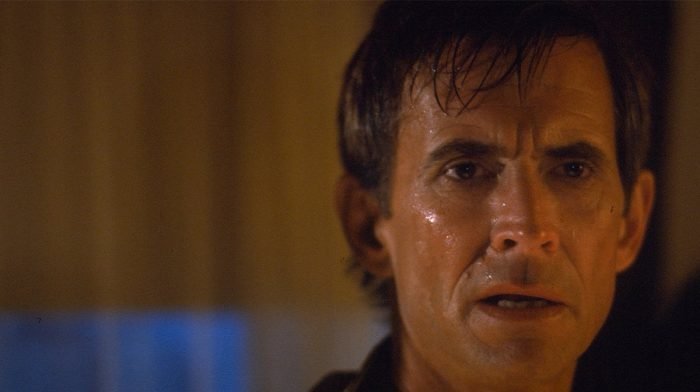Talk to women or gender diverse people who are into horror movies or any other kind of genre cinema wrongheadedly assumed to be “masculine” and chances are you’ll find amongst them a vocal group who are drawn to these films through an almost primal sense of recognition. In these films, we see an acknowledgement that the world is sometimes very scary for us; just navigating from A to B, especially at night, is a task often fraught with challenges, where possible threat lies hidden potentially around every corner.
For women or anyone who has ever felt that their identity has put them at risk – who has had to quicken their step or take the long way around, just to be sure – cinema has on offer a range of films that offer catharsis in a variety of ways. They can be revenge fantasies, or tales of monstrous women where the tables are turned and they are the ones to be feared. But even when offering sometimes fantastic visions of payback or feminine monstrosity, across these films the flip side is that they acknowledge in some way that the challenges women face are often framed specifically through perceived weaknesses associated with gender difference.
Across the many films that make up Arrow’s current “Why Can’t a Girl Walk Home Alone at Night?” collection we find a broad, twisted spectrum of the ways that women in film have flipped the script. In some, such as Emma Tammi’s The Wind (2018), it is not just men out to menace the film’s woman protagonist, but phenomena both natural and supernatural as she struggles with her strange new life on the 19th century American frontier. If it feels like the whole world is out to get her, she’s not wrong – and it’s not just this world, but spirits from one beyond.
In Gia Elliot’s Take Back the Night (2021), the real world collides with supernatural fantasy with unforgettable force and striking originality in the story of an artist and social media influencer called Jane (Emma Fitzpatrick) who is sexually assaulted by an amorphous blurry monster after she leaves a party one night. Named after the internationally renowned women’s rights rallies and marches that began in the early 1970s and have been held globally ever since, Take Back the Night wears its activist spirit on its sleeve. In this movie, Jane on one hand contends with the continued stalking and harassment by this strange creature, while on the other navigating the equally traumatic path that rape survivors must tread when dealing with even well-meaning police, nurses, doctors and members of the press.
In Lucky McKee’s The Woman (2011), Pollyanna McIntosh puts in a career-defining performance as the unnamed title character, a feral woman who is the only survivor of a cannibal tribe left to wander solo and fend for herself. She is captured by suburban dad Chris (Sean Bridgers) who on the surface presents as a happy, normal and successful everyman. But holding the Woman hostage, his increasing taste for torture reveals the broader horrors that have long been taking place behind closed doors, Chris abusing and terrorising his wife (Angela Bettis), daughter (Lauren Ashley Carter), and even ‘training’ his son (Zach Rand) in the art of violent misogyny. Until, that is, the Woman has enough.
Revenge and violence – particularly sexual violence – play a key part in the Japanese cult film Female Prisoner #701: Scorpion (Shunya Itō, 1972), starring iconic screen legend Meiko Kaji as Nami. Used and abused by her cop boyfriend who sets her up to be gang raped by a group of vicious drug dealers, Nami is imprisoned for trying to kill him. Once in jail, she must contend with vicious male prison guards and her determined ex-boyfriend who is intent on having her killed. But her desire for vengeance is strong, and dominates Nami’s journey on both sides of the prison wall.
As one of the most famous girl gang exploitation films of all time, Jack Hill’s Switchblade Sisters (1975) turns its attention to women who choose to band together and act as a united force. The film follows Maggie (Joanne Nail) whose arrival at a new high school quickly leads to her involvement with the girl gang the Dagger Debs, a group of tough girls who despite their rough exteriors play second fiddle to the misogynist all-male Silver Daggers gang. With an increasingly fraught relationship with the Dagger Debs leader Lace (Robbie Lee) and her best friend Patch (Monica Gayle), the film follows the evolution of the gang to The Jezebels, a more fiercely feminist gang that rejects their previous ties to the Silver Daggers. Fighting rapists, the cops and each other, the girls of Switchblade Sisters join forces to render this an enduring and outrageous exploitation classic.
Not all women, however, can find a community of like-minded others, and some films in this collection focus on women who struggle to find a way to fit in. In Jill Gevargizian’s The Stylist (2020), Najarra Townsend plays Claire, a meek and desperately lonely hair stylist in Kansas City who desperately seeks a connection with her clients. Lacking the social skills to really make friends, Claire has taken to scalping and killing her customers, using their hair as wigs that she can “wear” as she adopts new personalities in her isolated home. When Olivia (Brea Grant) asks Claire to be the stylist for her wedding, Claire is excited as a tentative friendship begins to develop. But Claire’s awkwardness is too much for Olivia’s friends, pushing her irreversibly over the edge.
From tales of revenge to fantasies of control and defiance to tragic portraits of those who fail to make connections, the Why Can’t a Girl Walk Home Alone at Night? collection is a wild ride into the dark heart of womanhood, in all its shapes and sizes.
The Why Can’t A Girl Walk Home Alone At Night collection featuring the above films and more is available to stream on ARROW.


